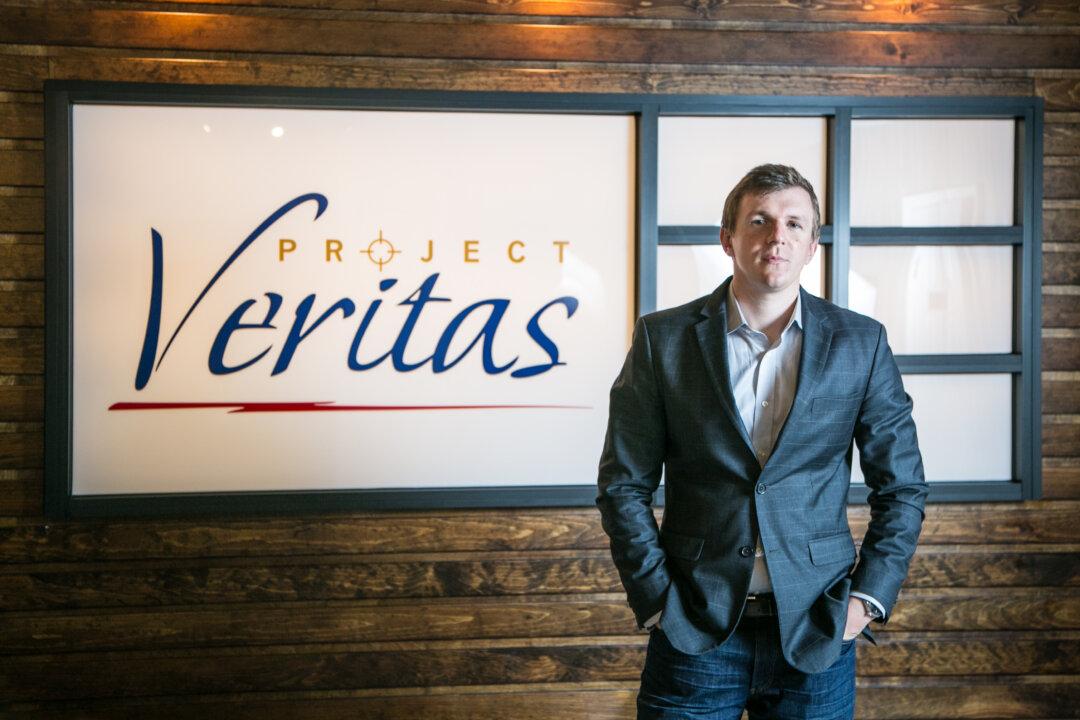Video platform Vimeo has removed the account of investigative journalism outfit Project Veritas, which recently published a video showing Google employees and internal documents backing the allegation that Google infuses its political worldview into its products, while leaving the public in the dark about it.
Video platform YouTube, which is owned by Google, took the video down on June 24, the same day it was posted by Project Veritas. YouTube cited privacy complaints as a reason. But the complaints appear to have been filed by one of the Google employees caught on hidden camera by a Project Veritas reporter.





